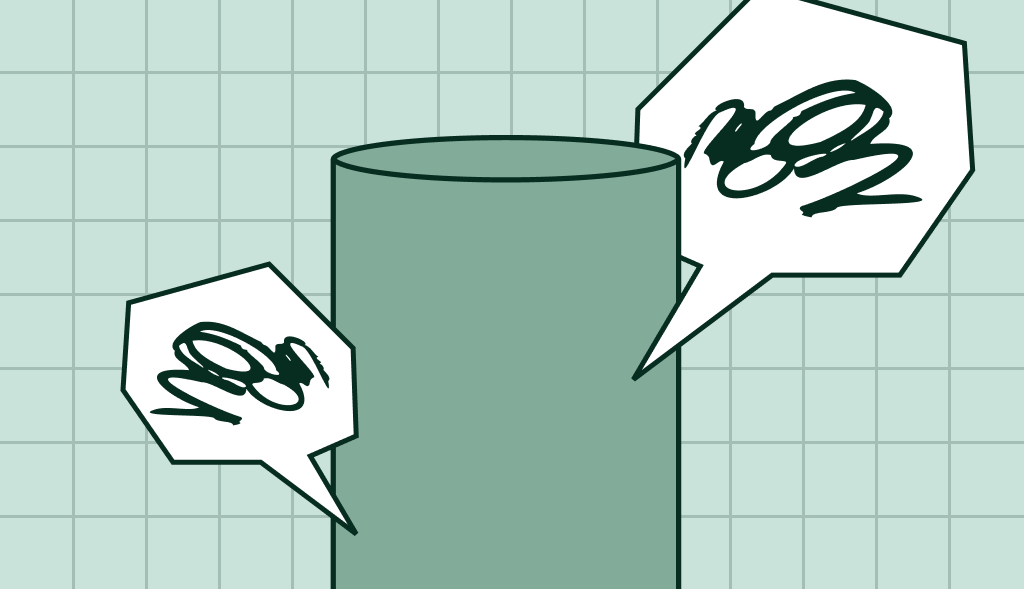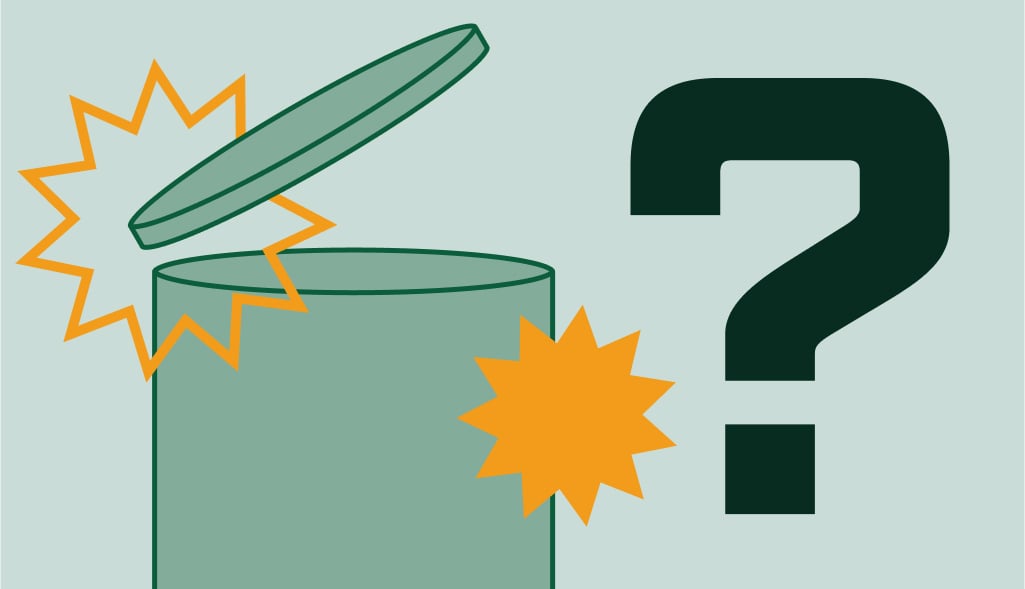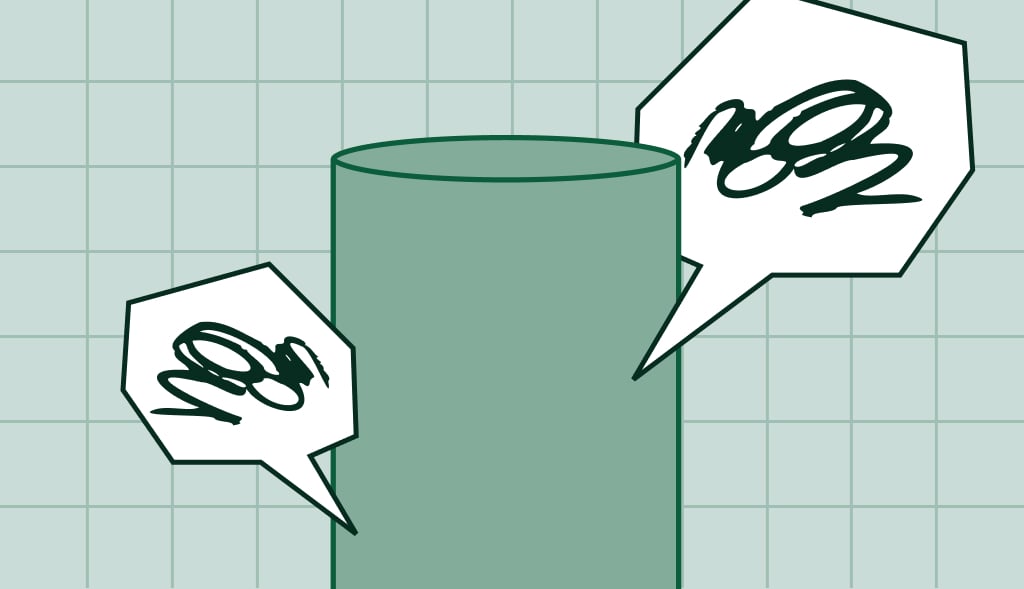Is Hot Water Heater Knocking Dangerous?

The knocking sound from your hot water heater can be alarming, especially if you’re unsure of its cause or potential consequences. In most cases, a knocking or popping noise from your water heater is a sign of an underlying issue that requires your attention.
This article will explore why your water heater might be making a knocking sound, whether it’s dangerous, and how a Corro-Protec powered anode rod can help address this issue.
Understanding the Knocking Noise in Water Heaters
The Cause of the Knocking Noise
The knocking noise from your electric water heater is usually caused by the expansion and contraction of the heating element or by sediment buildup at the bottom of the tank.
When water is heated, it expands, causing the heating elements and the water heater’s tank to expand as well.
Sediment buildup, often made up of mineral deposits from the water, accumulates at the bottom of the tank over time. As the water is heated, it moves through the sediment layer, causing it to pop, which can sound like a knock.
Is It Dangerous?
While the knocking noise may be unnerving, it’s usually more of an annoyance than a danger. If not fixed, the noise can cause bigger problems like damage to the heating elements and less efficient water heating.
In extreme cases, it can cause your water heater tank to overheat and even crack and leak.
How to Address the Knocking Noise
Flushing Your Water Heater
One of the most effective ways to address a knocking noise is by flushing your water heater. This process involves draining the water and sediment from the bottom of the tank, which can alleviate two things:
- the popping noise
- improve the efficiency of your water heater
To flush the water heater, you’ll first need to turn off the power and the cold water valve. Then, attach a hose to the drain valve at the bottom of the tank and open a hot water faucet in your home to let air into the system.
Turn on the drain valve to release the water and clear out any sediment.the drain valve and let the water and sediment flush out. Once the water runs clear, turn off the drain valve, turn on the cold water valve to refill the tank, and turn the power back on.
Even if it can be a DIY job, it’s always best to consult professional plumbers if you’re unsure or uncomfortable doing it yourself.
The Role of Corro-Protec Powered Anode Rod in Preventing Knocking Noise
Preventing Sediment Buildup
A Corro-Protec powered anode rod is an excellent addition to your water heater maintenance routine that can help prevent sediment buildup, one of the primary causes of the knocking noise.
The anode rod works by reducing the corrosion process in your water heater tank, which in turn reduces sediment buildup.
Enhanced Efficiency and Longevity
By preventing sediment buildup, the Corro-Protec anode rod also helps to maintain the efficiency of your water heater and extend its lifespan. It minimizes the strain on the heating elements, reducing the likelihood of them overheating and malfunctioning. This means fewer issues like knocking noises and a longer, more efficient life for your water heater.
Conclusion
Regular maintenance, including flushing your water heater and using a Corro-Protec powered anode rod, can help prevent these water heater noises and prolong the life of the tank.
If you’re ever in doubt, reach out to professional plumbers.
Blog
Can a Water Heater Explode? Understanding Risks and Prevention
Asking yourself can my water heater explode in my home can be terrifying. Even though, it is a rare event, it’s crucial to understand the […]
Noisy Water Heater: Causes, Solutions, and Preventative Tips
When persistent noises such as banging, cracking, popping, or rumbling occur in your water heater, flushing the tank can often resolve the issue. However, if […]

